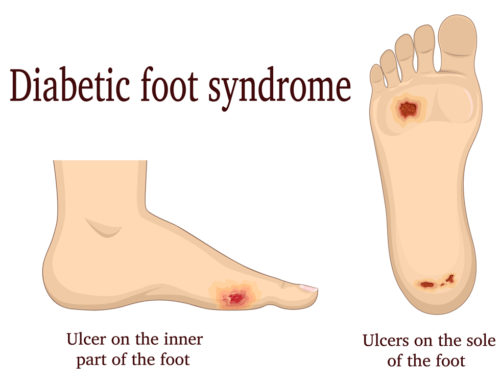What Are The Chances Of Surviving Heart Failure?
Heart failure is a chronic condition affecting those of all ages, though it’s most prominent in individuals over 65. There is no cure for this condition, but surviving heart failure isn’t impossible. Knowing the symptoms and acting quickly when they arise is the first step.
Once you’ve received a proper diagnosis, your doctor will discuss the necessary treatment for heart failure. It could involve lifestyle changes, medication, exercise program, emotional support or even surgery, depending on the severity of the disease. There are also various risk factors and underlying conditions that could affect how the condition progresses. For more information on heart failure and how to manage it, check out the following sections.

Surviving Heart Failure
Once heart failure is detected and the underlying factors are determined, treatment can commence. It could include dietary changes, exercise programs, weight monitoring and stress managements.
The heart is one of the most vital organs in your body. With each pump, it sends blood rich in oxygen and nutrients to every part of your body. Unfortunately, at times the heart can’t keep up and alters itself to meet the body’s needs. It becomes larger and pumps harder to maintain blood flow, which weakens the heart over time, resulting in heart failure.
There are a variety of risk factors that can cause heart failure. These include the age, gender, and ethnicity of an individual. Other medical conditions can also contribute to the issue, including high blood pressure, heart attack, diabetes, and obesity. Even lifestyle choices, like smoking, drug use, or alcohol, can increase the risk of heart failure.
Surviving heart failure first requires a proper diagnosis, including any underlying conditions or lifestyle choices that contribute. There are several stages to heart failure, so early detection ensures the correct treatment to slow the progression.
Reducing unhealthy behaviors, such as smoking or excessive alcohol consumption, may also be recommended. Depending on the severity of the condition, medication or surgery may be required to increase the odds of surviving heart failure.
How long can you live with heart failure?
There is no set timeframe for how long an individual can live with heart failure. The survival rate depends on several factors. These include the stage at which it’s diagnosed, as well as any underlying conditions affecting the heart.
Other factors could affect the survival rate, including age, gender, and even ethnicity. When combined, these elements make it almost impossible to determine a definite length of time for surviving heart failure.
Of course, some studies offer survival estimates over the years after a heart failure diagnosis. For all-type heart failure, the survival rate for 1, 2, 5, and 10 years are 87%, 73%, 57%, and 35%. These numbers are lower for those under 65 at about 79% for 5 years and 50% for anyone 75 and up.
The ejection fraction, which is how much blood the heart pumps out with each beat, is also a significant factor. Healthy hearts pump between 50 and 70%. Individuals with an ejection fraction below 40% have a life expectancy of 73% for 1 year.
Keep in mind that following your doctor’s advice and sticking with your treatment is the best way to increase your chances of surviving heart failure.
This article contains informational and educational materials and does not replace health or medical advice. For questions or concerns regarding your medical condition or health objectives, speak to a qualified physician or healthcare provider.






Thanks for sharing the valuable important points for surviving heart failure treatment. The major factors play in the treatment.